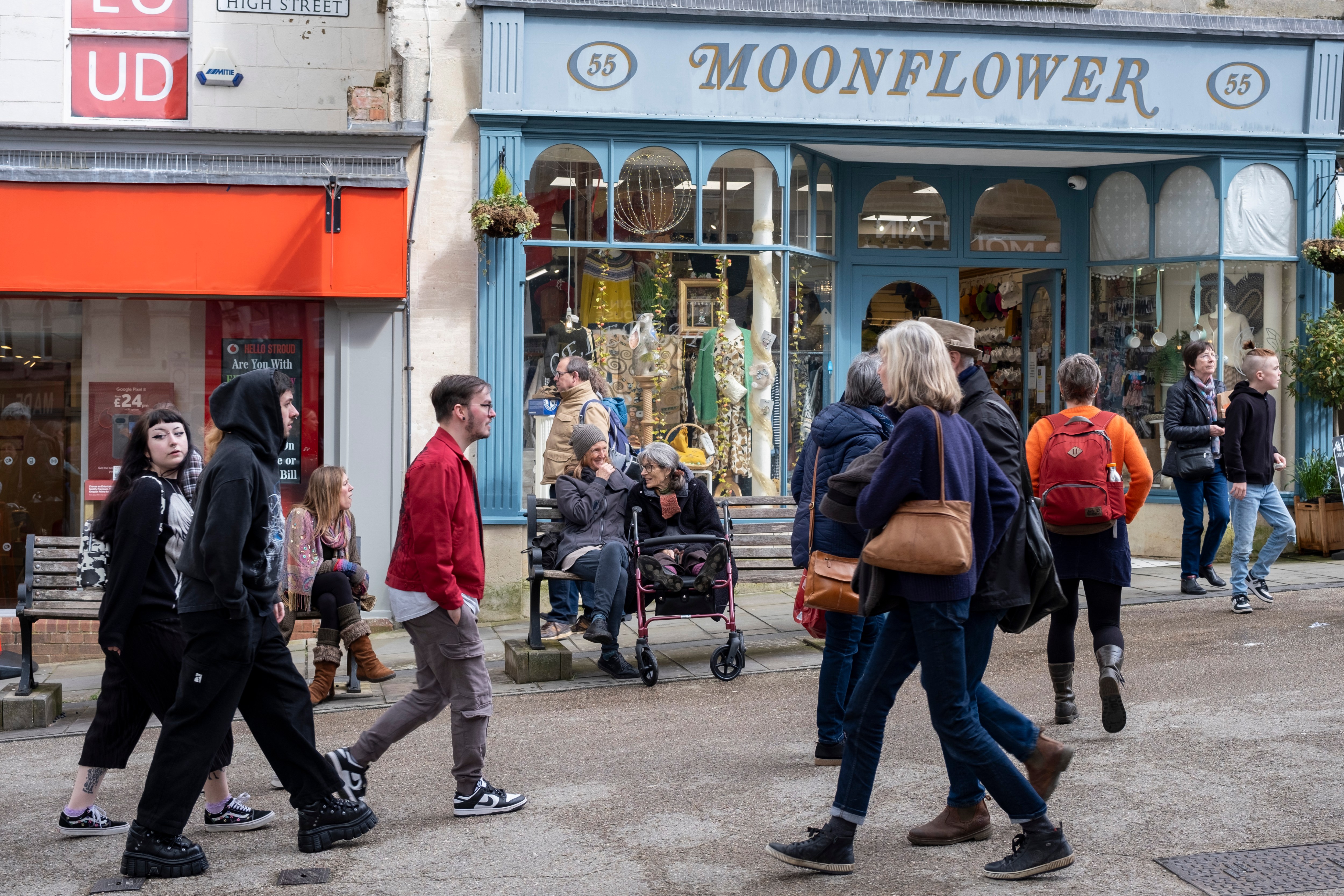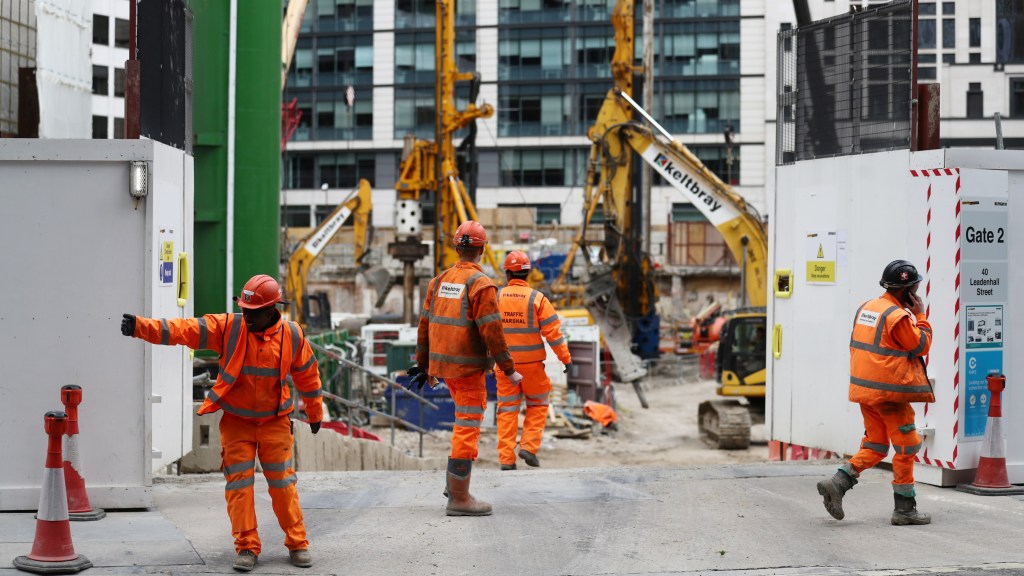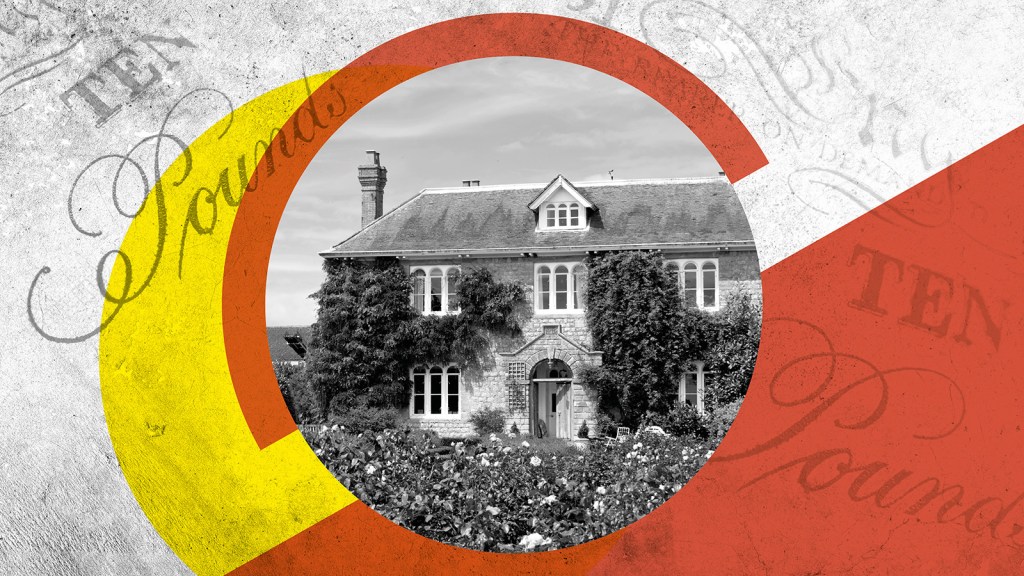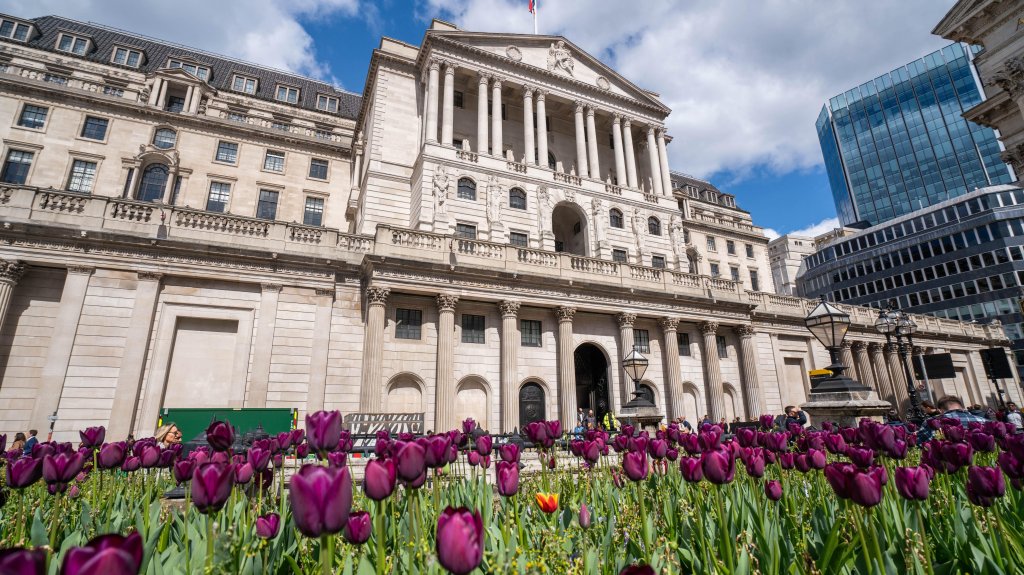British Business Confidence Steady at Eight-Year Peak
This month, confidence among British businesses remained robust, maintaining an eight-year peak, primarily driven by the construction sector, which has benefited from the government’s increased push for housing development.
The Lloyds Bank business barometer, which gauges monthly business sentiment, reported a consistent reading of 50 percent for August, marking the highest confidence level since November 2015. This figure significantly surpasses the long-term average of 29 percent.
Increased optimism within the construction industry effectively balanced out heightened pessimism in other sectors. According to Lloyds, builder confidence surged by 14 points to reach 58 percent over the past month.
This uplift is likely linked to the government’s plans to simplify planning processes to enhance housing availability. Recently, Sir Keir Starmer pledged to «combat the barriers by streamlining planning procedures to facilitate home building and stimulate growth.»
The economy has performed better than anticipated this year, with growth rates of 0.7 percent in the first quarter and 0.6 percent in the second. Inflation has tapered off to approximately 2 percent, aligning with the Bank of England’s target, while low unemployment levels contribute to a favorable outlook for future business operations.
This month, the Bank of England reduced interest rates for the first time since March 2020, with expectations in financial markets suggesting one or two more cuts might occur this year. However, it is anticipated that these adjustments will unfold at a slower pace compared to other central banks globally.
Hann-Ju Ho, a senior economist at Lloyds Bank Commercial, remarked, “This month, as in July, we have seen a notably strong display of business confidence. Maintaining an elevated level of 50 percent is significant, considering it has consistently exceeded the long-term average of 29 percent for the past 15 months.
«Encouraging GDP data from the first half of the year suggests that solid economic performance is likely to persist as we enter the latter part of the year. Overall, the economy appears stable, with businesses reflecting this positive sentiment.”
Nonetheless, Lloyds’ research indicated some industries are wary about the sustainability of the economic recovery. «Manufacturing trading prospects dipped by two points to 58 percent, matching construction’s level, while retail and services noted declines to 53 percent, down seven and three points, respectively,» the bank reported.

This year, retail sales have been consistently slow as consumers prioritize saving over spending in light of elevated interest rates. The Office for National Statistics indicates that sales remain 0.8 percent below pre-pandemic levels, with the weakest consumption reported in clothing and household goods.
Lloyds also noted that price expectations among businesses have declined for the second time in three months. In August, 58 percent of firms anticipated raising prices in the coming year, down from 60 percent, whereas 4 percent planned to reduce prices, up from 3 percent. The net balance dropped three points to 54 percent, marking it as the second lowest for 2024.






